Is your little one about to start primary school in the Netherlands? Or as it’s called out here the ‘Basisschool’. If you’ve just moved here with your soon to be 4 year old and are wondering how to navigate the early year’s education system in Holland or are just curious at how primary school compares to the UK then look no further. Here is a list of 9 things you need to know about starting primary school in the Netherlands.
#1 Primary school in the Netherlands: Kids start school the day after they turn 4
This is perhaps the biggest difference to the UK education system. There is no single intake date. As soon as your child turns 4 they are welcome to join Group 1 (the first year of primary school). However it must be noted that school is not verplicht compulsory until the child turns 5. And most schools allow you to be flexible with the school hours if you think that your child is finding it too much. Also holidays from Dutch schools can be taken during term time without issue as they are not legally required to be at school.
#2 Primary school in Holland: It’s not full time
This was a strange one for me to get my head around. Having experienced primary school myself in the UK where I was expected at school for 9am and was picked up by my parents at 3:15, Monday to Friday. In the Netherlands, most primary schools can pick their own hours which follow a similar pattern. There are 3 full days (Monday, Tuesday, Thursday) and two half days (Wednesday and Friday). Some primary schools, however, extend the half days to three-quarter days as the child progresses up the year groups. So instead of finishing at 12:30, your child would then finish at 2pm.
I actually struggle with this timetable as Wednesday and Fridays just feel like really long days with the boys finishing at 12:30. Having said that though, almost everybody plays a sport outside of school. Therefore the two half-day afternoons are normally taken up with swimming lessons and football/tennis training.
It means that it’s a lot easier to plan a weekend away with the schools finishing so early. It also gives the kids a break, because being in school full time so young must be absolutely exhausting (many adults struggle with a Monday to Friday 9-5 routine and that’s only two hours more than what is expected from a 5-year-old).
#3 Primary school in the Netherlands: They come home for lunch
And if having two half days off a week isn’t enough to recharge the batteries, then coming home every day for lunch certainly will! Yes, you heard that right, the kids come home for lunch – for an hour! We live walking distance to the school so it’s not actually a hardship to walk back and forth 4 times a day. But it does mean that your days at home are actually really short. I actually had to give up ironing as by the time I got the ironing board out and started on the pile I had to be back at school again to pick up the boys (to be honest I’ve never done it but this sounds like a great excuse to use ?).
For the parents that work there is always a TSO, a 3rd party organization that comes into the school and supervises the lunch hour. There is no canteen and so packed lunches are needed. This isn’t free though, ours costs 2.50 euros. I have been known on occasions to ship the kids off with a packed lunch to school just so I can GET SHIT DONE.
#4 Primary school in Holland: There are no lunchbox police
Following on from above, if you do have a child who stays at school for lunch then you don’t need to panic if it was a last minute decision and there’s no more humous and pita wraps left in the fridge. Dutch kids eat chocolate sprinkles on white bread for breakfast so putting a choccy biscuit in their lunch box won’t be seen as committing child abuse over here. One of my sons is the world’s fussiest eater and goes to school with two chocolate spread sandwiches, a babybel and a biscuit. And that’s it. The dinner ladies at school don’t actually want you to overload their lunchboxes, and it’s actually hard to find a normal size lunch box over here, they are all mini versions (sorry for your squashed sandwich Sid!)
#5 Primary school in the Netherlands: Kids wear mufti everyday
There is NO school uniform. No last minute rush on the 31st of August looking for a white shirt and trousers that actually fit. No panic washing on Sunday night. No labeling! Just normal clothes. The exact same clothes that my boys wear on the weekend. The biggest downside is the amount of jeans and trainers that we go through. I don’t think my boys own a pair of trousers without a hole in the knee.
When I tell my Dutch friends about school uniforms they find it hilarious. It’s a concept that they just can’t get their heads around, forcing everyone to look the same. I was always brought up to see that as the advantage of uniform, no one would be singled out for wearing the wrong thing. But what I’ve noticed in the Netherlands is that the whole idea of not fitting in isn’t a thing. The Dutch have a saying ‘Doe maar normaal dan doe je al gek genoeg’ which translates to just be yourself because that’s crazy enough.

#6 Primary school in Holland: The first two years are just play based
Probably very similar to a UK pre-school rather than the first two years of a primary school, Group 1 and Group 2 are just about learning through play. They start to learn the alphabet in Group 2 (equivalent to year 1) but will only learn about half of the letters. The ‘real’ learning begins in Group 3, in which they will finish learning the alphabet and then start to put together letters into words.
The most important part of the early years education is social development. When you get the school report at the end of the year there is a whole page on the social and emotional development of your child (the report itself is 2 pages so you can see how important this is!).
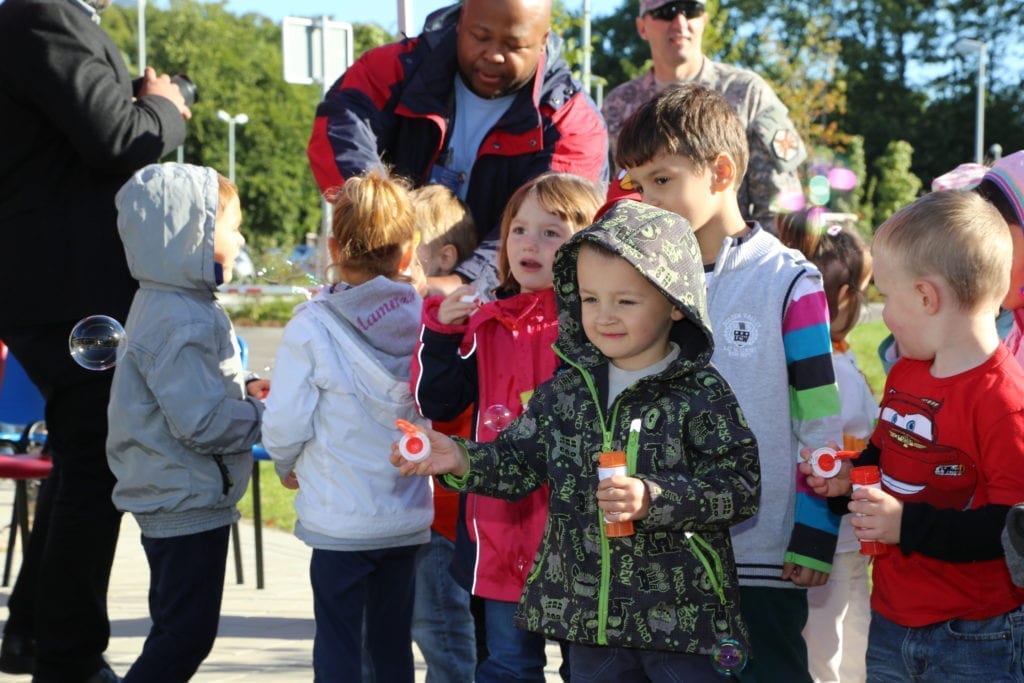
#7 Primary school in the Netherlands: Repeating a year is NOT a big deal
I don’t ever seem to remember anybody at my primary school in the Netherlands repeating a year, nor being moved up for that matter. If a child was struggling then they received extra work. And if a child was doing really well, then they also received extra work.
In Holland, it works a little differently. If your child is finding the work a bit too challenging or isn’t quite ready to sit still and concentrate for a period of time, then it will be suggested that he or she blijft zitten- stays sitting. Not repeating the year, or being moved down a year group. Just stays where they are for another year. And because of the way the Dutch intake work there is normally a variety of ages in one year group, meaning that the groups are based on ability rather than age. Every year since my boys have started school, they have had two or three classmates who ‘stayed sitting’ and have had a few new ones that have joined. And it’s absolutely not a big deal. It’s actually a relief. Knowing that your child is at a level where they no longer have to struggle means that their confidence rockets. Definitely an advantage of the Dutch school system.
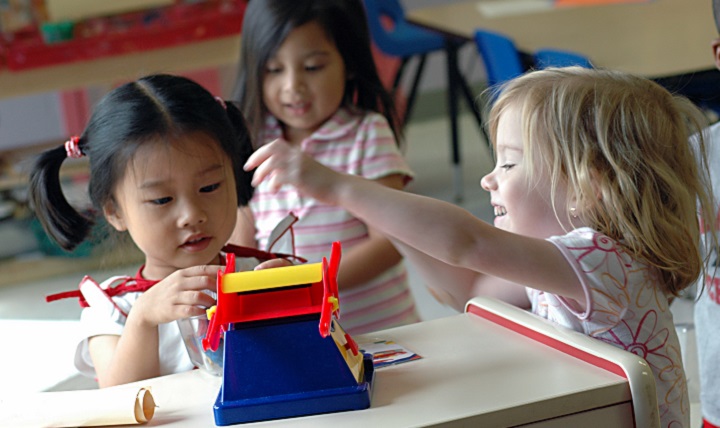
#8 Primary school in Holland: Kids cycle to and from school alone!
Ok, so it’s not expected that your 4 years old will cycle to and from school all by themselves. But from about Group 5 (year 4) it’s not unusual to see kids arriving at school on their bikes unaccompanied. They park them up in the designated bike racks, lock them and deposit the key in a special tub in the classroom.
All Dutch kids receive bike lessons at school from about 6 years old and more importantly they learn the rules of the road.
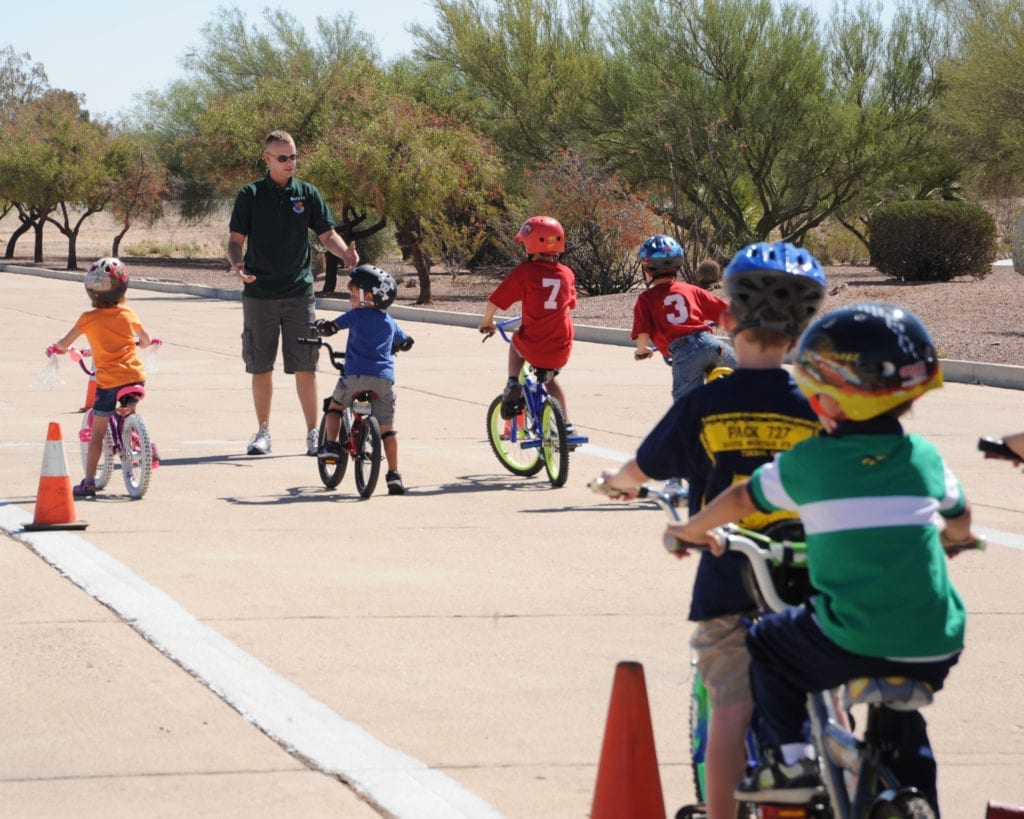
Because of all the designated cycle paths, biking to school is incredibly safe. So safe in fact almost no one wears a helmet. I can hear your gasps now but cycling to Dutch people is just like walking to us. In fact, from about 9 years old Dutch kids go to school trips on their bikes, cycling as a whole class, with fluorescent yellow vests but no head protection!
My daughter, who was born in the Netherlands, learned to walk at 1 and ride a bike without stabilizers at 2 so I can see where the confidence comes from. Kids are cycling almost as long as they have been walking.
But nothing will prepare you for the sight after school when 300 plus kids burst out of the doors and race to be the first to unlock their bike and get the hell out of there. Let me tell you it is CARNAGE.
#9 Primary school in the Netherlands: There is NO homework
Perhaps my most favorite thing about Dutch education is the kids having no homework. When we first moved here I remember chatting with the headteacher about my son starting. When I asked how much homework to expect she looked at me with a shocked expression and said “Homework?! There’s no homework, when he gets home from school we expect him to go out and play!”
There is not even any compulsory reading!! Of course, I still read to my kids every night but the fact that we don’t HAVE to makes it feel a lot less like a chore.
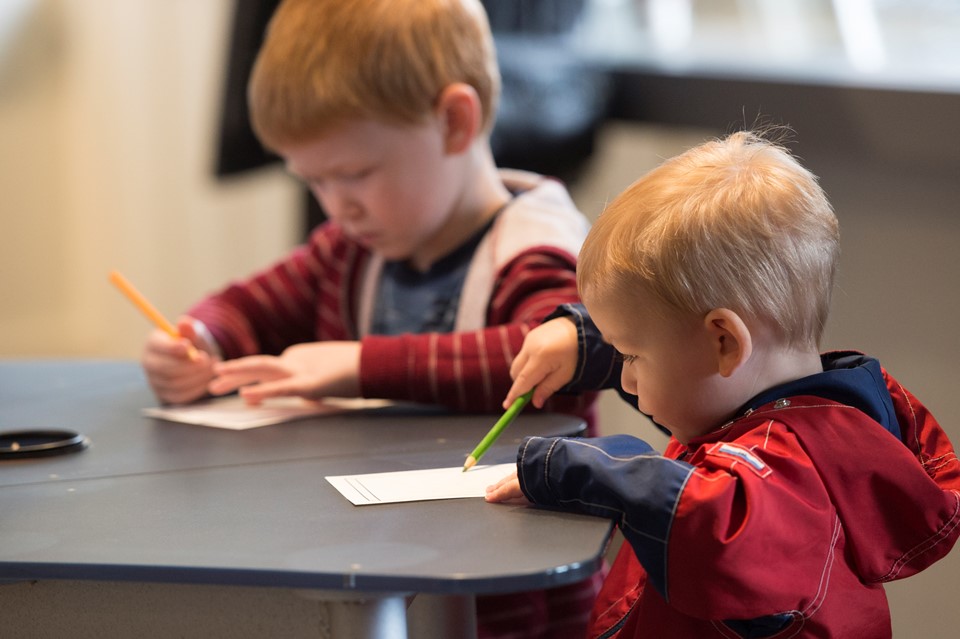
My son is now in Group 5 (Year 4) and the most ‘homework’ we have had throughout his time at school, has been to prepare a book report. Though I have heard the rumors that we may be expecting proper homework this year but so far nothing!
This “no homework” policy gives kids unbelievable freedom when they get home from school. They can go straight out to play (no need to get changed as they’re in school uniform remember) and just be kids. No responsibility, no deadlines, no worrying that because mummy isn’t so good at maths they won’t be able to complete their work!!
They are children for such a short period of time and the Dutch seem to have realized that and are happy just to let kids be kids for that little bit longer, a sentiment I wholeheartedly agree with.
So these are the 9 things you need to know about starting primary school in the Netherlands. Is there anything we missed out on? Let us know in the comments below!

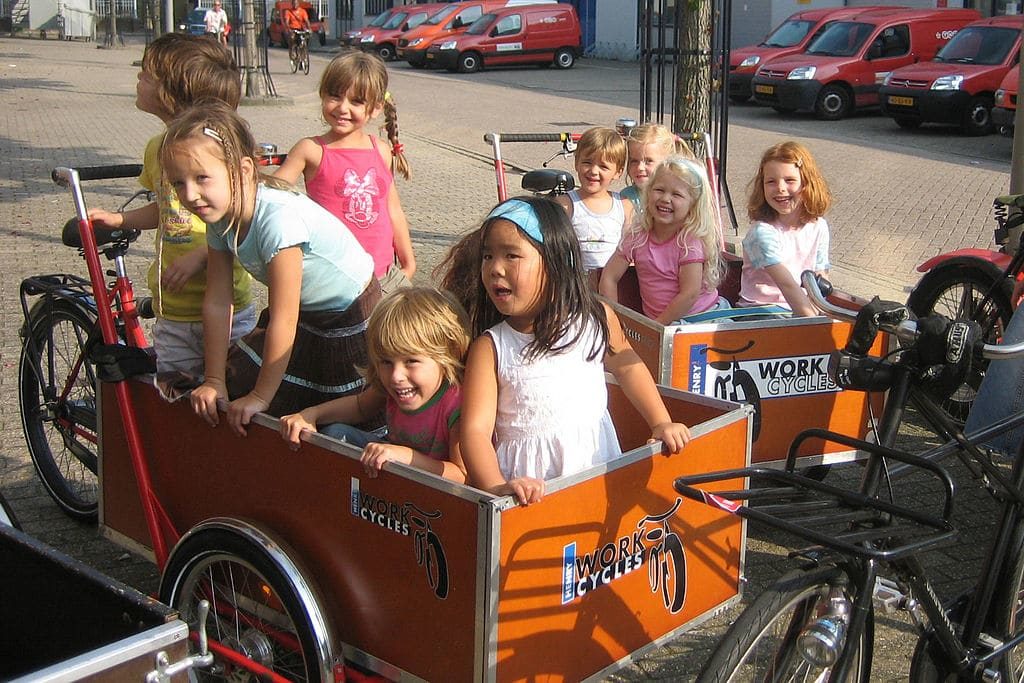

The Gif of the boy abusing the other kid on the soccer field is truly triggering since bullying is a real problem in Dutch schools! Also, don’t expect them to do much about it but instead call it “directness” even if your child is being tortured daily!
Oh gosh that’s terrifying to hear about the bullying. What options did you feel you had? Any meetings with administrators? Switch schools?
okay…
my english is not so very good, but I can try it!
you may know, on my Dutch primary school I learned Dutch in the second class (groep 2)
now I’m in the first class of secundary school. its really fun!
but I can say: on my school in the Netherlands, nobody go to home on lunchtime!
why? there are pupils, they go by schoolbus and live 30 kilometres from school. I was one of them.
and it costs nothing!
I wanted to clarify that. thanks for reading!
Beautifull written and correct.
And for reacting on the bullying, yes bullying is there but any school with or without uniform has this. The school and sportclubs have policies for bullying and there are special cursus schools can give in classes and for the special kid who is being bullyed. Like ‘Rots en water training”. And Judo or other specifiek sports can give the child tools, so that support ables the kid to react on the bullyers and defend him self, better now then when your older.
Greatings